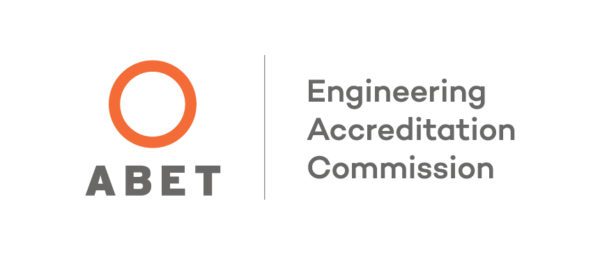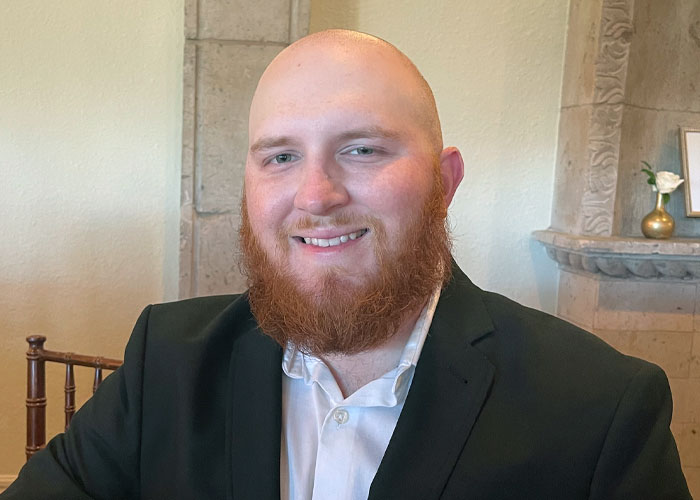Mechanical Engineering

Mechanical Engineering
Mechanical Engineering is perhaps the most versatile engineering discipline for designing and developing mechanical and other systems. Mechanical engineers work in diverse areas, including aerospace, automotive, robotics, manufacturing, fabrication, heating, ventilation, air conditioning (HVAC), forest products, process, and power-generation industries. At Texas A&M University Texarkana, we prepare you for a successful engineering career in any branch of mechanical engineering through a unique combination of hands-on experience, computer modeling, state-of-the-art technologies, and innovative teaching methods.
Collaborations with local companies and government agencies provide cutting-edge curriculum, elective courses, and internship opportunities. It encompasses key elements of statics, dynamics, solid mechanics, materials and manufacturing, vibrations, controls, thermodynamics, fluid mechanics, heat transfer, computer-aided design, and engineering design.
Program Information
Degree Name: Bachelor of Science in Mechanical Engineering
Degree Type: Undergraduate
Format: Face-to-face
Credit Hours: 125
Catalog: Program Requirements
Questions: 903-223-3000
Apply to A&M-Texarkana Today! | Request More Information | Visit Us

Why Get Your Mechanical Engineering Degree from A&M-Texarkana?
Design. Innovate. Engineer Your Future.
With A&M-Texarkana’s B.S. in Mechanical Engineering program, you’ll be equipped for various careers across industries from aerospace and automotive to robotics and more. You’ll acquire practical skills through collaborations with local companies and government agencies and engage in cutting-edge curriculum and valuable internship opportunities. We’ll ensure you’re ready to thrive as a professional mechanical engineer.
Program Highlights
Versatile Curriculum Covering All Aspects of Mechanical Engineering
Find broad expertise that is essential for mechanical engineers in multiple industries from motion and energy systems, engineering mechanics, and computer-aided design.
Hands-On Experience with Industry Connections
Benefit from modern technologies, practical labs, and partnerships with local companies and government agencies, ensuring your readiness for real-world engineering challenges.
Graduate ready for roles in automotive, HVAC, aerospace, manufacturing, robotics, and beyond, with strong competencies in mechanical design, problem-solving, operations analysis, and leadership.
Mechanical Engineering FAQs
What types of coursework and hands‑on experience does the Mechanical Engineering program include?
The program offers a rigorous mix of foundational science and design coursework alongside substantial hands-on learning. You’ll take classes in mechanics, CAD, thermodynamics, fluid mechanics, heat transfer, materials science, dynamics, vibrations, control systems, programming, and electric circuits. Many of these integrate lab or project components. A&M‑Texarkana emphasizes practical experience through industry collaborations and internship opportunities with local companies and government agencies.
Which industries and career paths can graduates enter after completing the program?
As a mechanical engineering graduate, you can pursue a variety of career paths including:
- Manufacturing Engineering- concentrating on improving manufacturing processes
- Automotive Engineering- focusing on the design and development of vehicles
- Aerospace Engineering- designing and developing aircraft and spacecraft.
- Process Industry and Power Generation- for industries like paper mills and power plants
- HVAC Engineering- working in the design and operation of heating, ventilation, and air conditioning systems
- System Dynamics and Controls- for working in the area of robotics and control systems
- Engineering Design- conducting engineering analysis using codes and standards, computer modeling and simulation for diverse engineering applications.
What skills will I master during the degree?
As a mechanical engineering student here, you’ll develop:
- Analytical problem‑solving skills using engineering principles
- Mechanical design and CAD proficiency
- Understanding of system dynamics, materials, and controls
- Technical communication and teamwork skills
- Leadership, decision‑making, and entrepreneurial thinking
These outcomes align with ABET accreditation standards, ensuring graduates meet industry expectations.
Is this program a good fit for me?
This program is ideal if you enjoy creative design and building physical systems, and are interested in:
- Solving real-world problems
- Creative mechanical design
- Computer modeling and simulation
- Conventional and CNC manufacturing systems
- System dynamics and control
- HVAC and power generation systems
If you like working on devices or systems that solve practical problems, this could be a strong fit.

“The Mechanical Engineering program at A&M University Texarkana is great for the student that wants to have a one-on-one relationship with the faculty. The classes are a perfect balance of hands-on learning, as well as the theoretical knowledge behind a principal. With world-class professors, it is truly a great learning experience”.
Blake Crocker, Spring 2022 Mechanical Engineering Graduate

“A mechanical engineering degree from A&M-Texarkana is a valuable accolade. The faculty and staff are who set it apart. They genuinely care about your success, not only in the classroom, but in the professional world as well.”
Brooks Minter, May 2023 Mechanical Engineering Graduate, Project Engineer at Honeywell UOP

A defining moment as a student came during Spencer’s senior design project when his group chose a project from Ledwell & Son. “Dr. Kenny Irizarry guided us toward success and my first real job. I am currently working for Ledwell and Son. I started working two weeks after graduation."
“My advice for anyone pursuing engineering is the understanding of each course. You must understand what is happening. Overall, mechanical engineering is a great degree, and you have so much variation in job application. A former professor of mine used to say, ‘Mechanical Engineering is from A to Z. Airplanes to Zippers.”
Spencer Fox, Mechanical Engineering Graduate, Ledwell & Son
